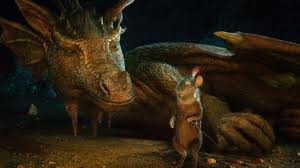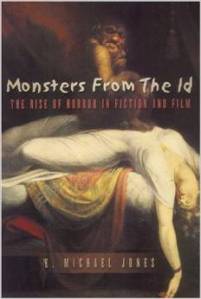
I commend to your reading the New York Times critique of Charlotte Gordon’s new book Romantic Outlaws: The Extraordinary Lives of Mary Wollstonecraft and Her Daughter Mary Shelley.Romantic Outlaws
Consider how the author of the new book, by the critics admission, gives unsatisfactory weight to the destruction of the feminist worldview – but notice how the critic goes on to “lighten” the impact of the consequences by stating that the same type of havoc occurs in traditional relationships. Does it really?
Ms. Nehring only touches on the brokenness and despair in the lives of these two women – and the men in their lives. But Shelley’s monster speaks the unspeakable for her (and her mother). Where she could not utter the horror unleashed on her family via sexual revolution – Frankenstein did. Where Wollstonecraft is merely left standing in the blood of the French Revolution in this critique – in real life – she was drenched in it.
“No man chooses evil because it is evil; he only mistakes it for happiness, the good he seeks.”
“If I cannot inspire love, I will cause fear!”
“I do know that for the sympathy of one living being, I would make peace with all. I have love in me the likes of which you can scarcely imagine and rage the likes of which you would not believe. If I cannot satisfy the one, I will indulge the other.”
“I ought to be thy Adam, but I am rather the fallen angel…”
“Solitude was my only consolation – deep, dark, death like solitude.”
“There is something at work in my soul, which I do not understand.”
“How dangerous is the acquirement of knowledge and how much happier that man is who believes his native town to be the world, than he who aspires to be greater than his nature will allow.”
“When falsehood can look so like the truth, who can assure themselves of certain happiness?”
― Mary Shelley, Frankenstein




